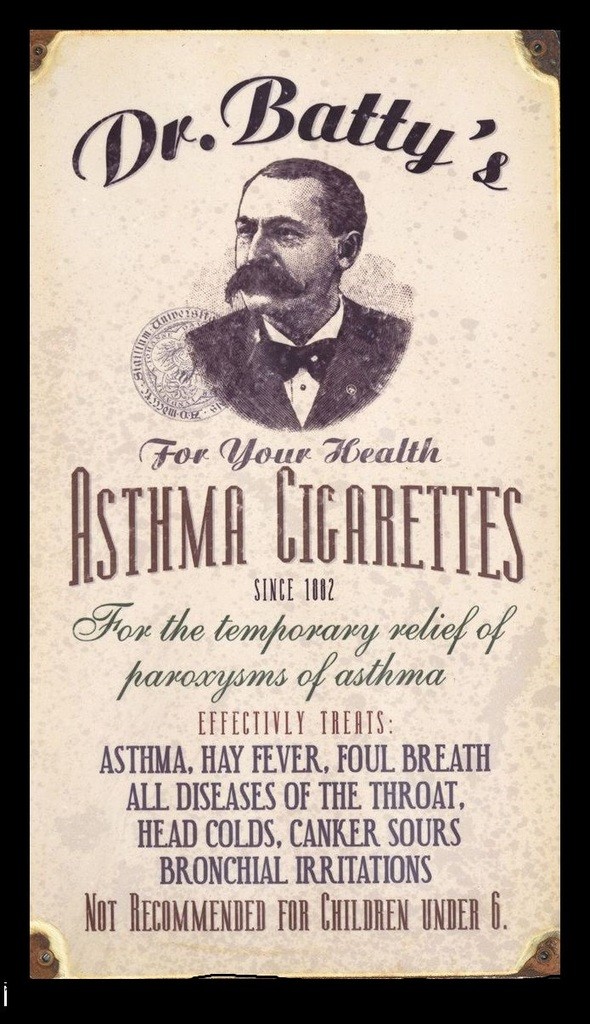There’s Such a Craving for Cessation!
 Last year in a little town in New York state I had occasion to visit a friendly neighbourhood pharmacy. There I chanced upon a pamphlet with the inviting title, Let’s Quit Together. In case one might wonder what the ‘quit’ refers to it tells you in the next sentence with a question: ‘Are you ready to quit smoking?’
Last year in a little town in New York state I had occasion to visit a friendly neighbourhood pharmacy. There I chanced upon a pamphlet with the inviting title, Let’s Quit Together. In case one might wonder what the ‘quit’ refers to it tells you in the next sentence with a question: ‘Are you ready to quit smoking?’
You have to hand it to the Americans for seizing every opportunity to make a buck or two. The subtext is: If you spend money in our pharmacy we’ll help you quit smoking because it’s too difficult to do on your own.
The writing on the cover cheerfully informs us:
Whether it’s your first time quitting, or you’ve been trying for years, XX pharmacy and YY clinic are here to help with information, tools, guidance, and expert support.
First time quitting? How exciting! Of course, you’ll want to do it many times more! This is what the smoker (if unconsciously) wants to hear: ‘Just as I always thought. Quitting is tough, so I have a good excuse to carry on smoking!’
The leaflet briefly goes into some reasons for quitting: better health for the smoker and his or her family, the risks of heart disease and cancer are reduced, lung function and blood circulation will improve, etc. Really? What interesting news!
Then it says:
It’s important to acknowledge that quitting isn’t easy. It typically takes someone multiple attempts to quit. Relapse is common, so don’t be discouraged if you do slip.
Gee, thanks.
What does it mean ‘attempts to quit’ and ‘don’t be discouraged’? What are you supposed to feel if you slip—encouraged? But in a sense the smoker is encouraged—to keep smoking! Which is what he or she wants to do anyway.
The prospect of stopping smoking is also presented as if one is preparing to take the driving test: Are you getting ready? Then you’ll need our guidance notes!
The leaflet continues:
Know that combining stop-smoking aids or prescription medicine with expert counseling increases your chances of success. This is where we come in! Specially trained family nurse practitioners, physician assistants and pharmacists are ready to help.
As if that’s not discouraging enough, on the next page they rub it in:
Most former smokers say quitting is the hardest thing they’ve ever done.
Now wait a minute. How do they know about most former smokers? Have they asked them? Most of the former smokers I’ve helped say it was surprisingly easy.
The last bit of the leaflet is a plug for nicotine products to help you get rid of nicotine. The very idea that smoking is something one does until one’s ready to stop, similarly to the idea of trying to stop, plays into the mindset of smokers and colludes with their barely recognised narrative:
- I want to quit but I’m not ready yet. (I shall never be ready.)
- I smoke, but I’m trying to give up. (So that’s all right then.)
It would be better if these notions were abandoned: no more talk of being ready (or not) or of trying (i.e. failing) to quit. Smokers smoke because they’re addicted to the nicotine in tobacco. If one day they arrive at a state of readiness to quit, or have an epiphany that smoking is a bad idea, they’ll just quit. All this song and dance about being ready is pointless. Likewise, the notion that there’s a state or an activity of trying to quit is illusory. Every time a smoker lights another cigarette it’s a demonstration of their failure to quit.
Although I sympathize with people who are addicted to nicotine or other substances, it does them no favours to be indulged with euphemistic wrong-headed ideas of this sort.
It also highlights the tragedy, scandal, and absurdity of the current situation where anyone is free to start on the road to nicotine addiction. And it’s a short road—just one puff will do it. You merely go into a shop and buying a pack of cigarettes. And when you’ve potentially or actually damaged your health by inhaling tobacco fumes many times daily for years or decades, if you feel ready to stop, you may need more poison to do it!
Paradoxical though it may sound, in order to quit without a struggle, smokers needs to face the fact that they don’t really want to quit. This is the first step to uderstanding how to quit easily, as set out in the Symonds Method.
Text © Gabriel Symonds
